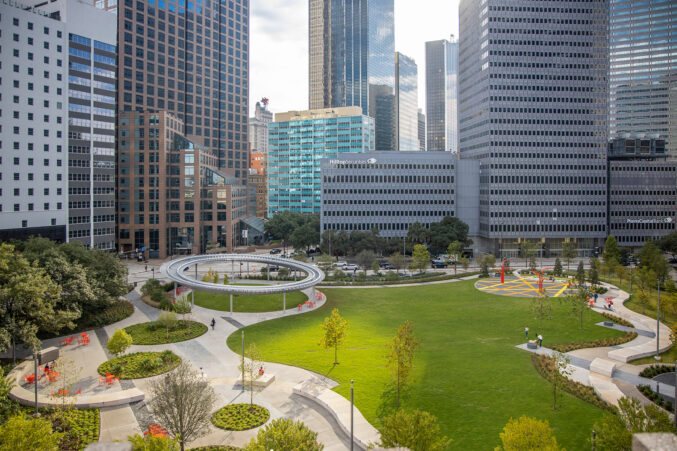You probably know Dave Eggers from his hyper-stylized, semi-fictional (and somewhat divisive within our office) autobiography, A Heartbreaking Work of Staggering Genius. Or from the various products of his indie-publishing mini-empire, McSweeney’s (books, magazines like The Believer, etc.). Or, locally, from the collaborative comic strip he contributed to The Met back in the day.
Eggers is, clearly, a man who loves and appreciates the written word, and encourages that love and appreciation through youth-literacy programs at his 826 Valencia center in San Francisco. His students publish a regular newspaper, and he’s currently working on prototypes for a McSweeney’s broadsheet. After the jump, his thoughts on the future of newspapers, via a recent interview in Salon. Read on, media nerds.
I think newspapers shouldn’t try to compete directly with the Web, and should do what they can do better, which may be long-form journalism and using photos and art, and making connections with large-form graphics and really enhancing the tactile experience of paper. You know, including a full-color comic section, for example, which of course was standard in newspapers years ago, when you’d have a full broadsheet Winsor McCay comic. So we’ll have a big, full-color comic section, and we’re also trying to emphasize what younger readers are looking for, what directly appeals to them. It’s hard to find papers these days that really do anything to appeal to anyone under 18, and the paper used to do that all the time. I think there will always be — if not the same audience and not as wide an audience — a dedicated audience that can keep print journalism alive.





